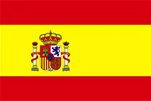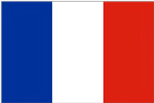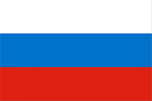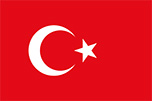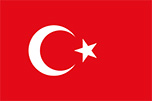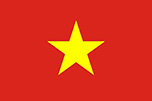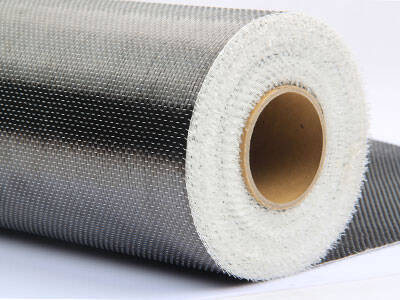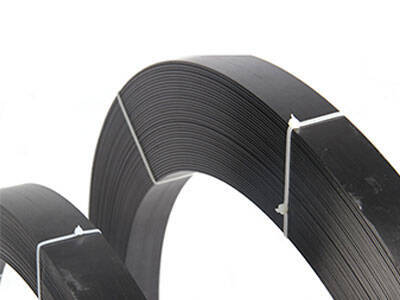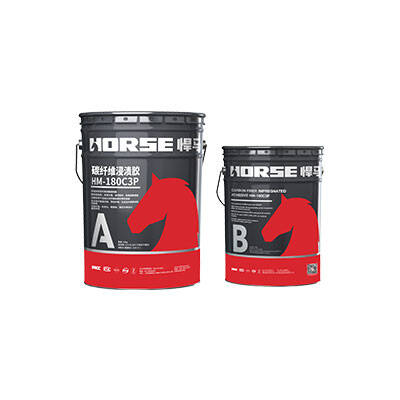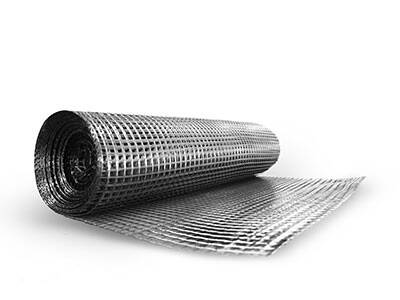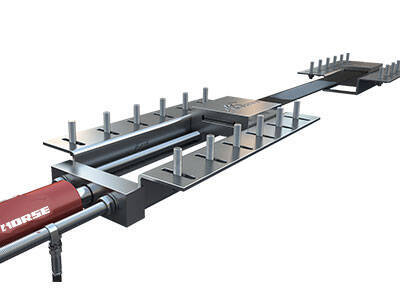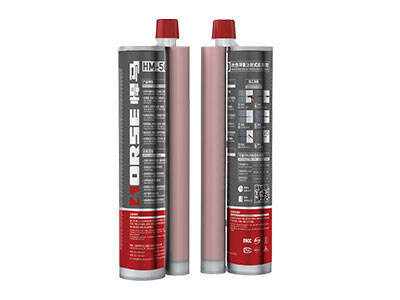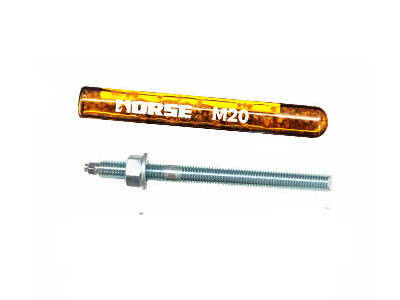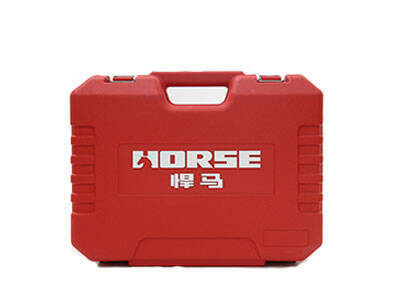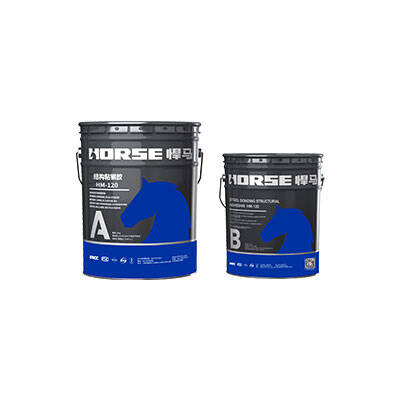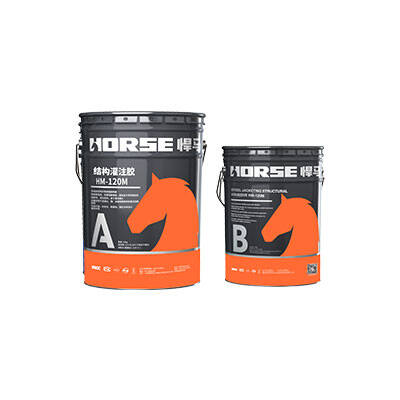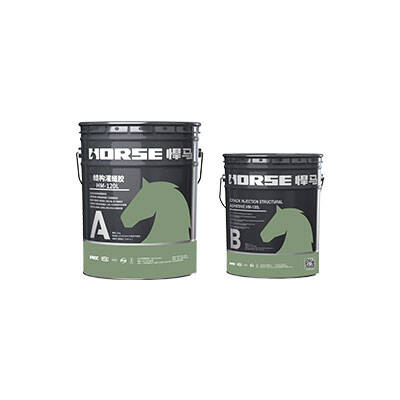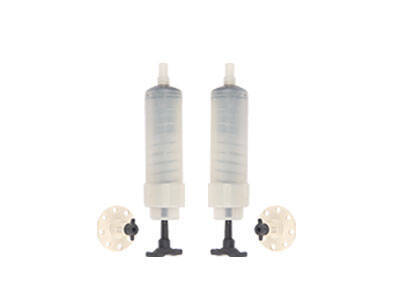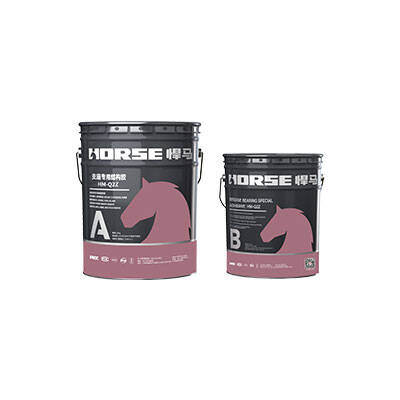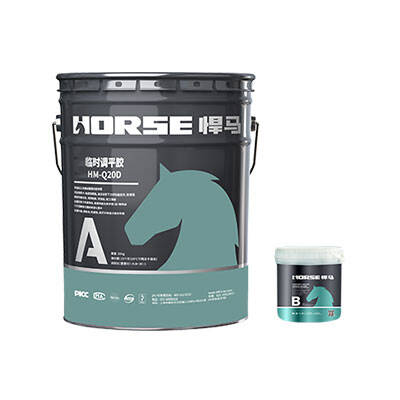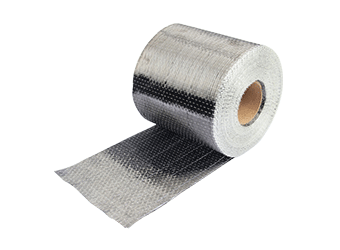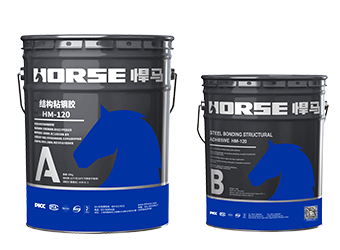Comment gérer les différentes interfaces pour le renforcement ?
Dans les projets de renforcement, le traitement de l'interface béton est essentiel, car il influence l'effet final du renforcement. Afin de tenir compte des différentes interfaces entre béton neuf et ancien, béton neuf et mur en briques anciennes, une série de technologies de traitement de l'interface sont adoptées pour consolider la surface du renforcement et obtenir d'excellents résultats.
1. Comment traiter l'interface de renforcement de la base ?
Sur une ancienne surface de béton, utiliser un burinage artificiel, rincer à l'eau et à la poussière, puis mélanger avec un agent d'interface cimentaire après le coulage du béton pour le ragréage.
2. Comment traiter l'interface de renforcement d'un mur en briques ?
Le mur en briques est renforcé par du béton projeté d'une épaisseur de 100 px et 175 px. La couche décorative d'origine doit être enlevée proprement. La surface doit être lissée à l'aide d'une lame d'application de mortier ou d'une brosse métallique, puis rincée au canon à eau. Enduire la surface avec de la pâte de ciment et de l'eau pendant 1 à 3 jours (selon le degré d'humidification de la surface). L'absorption d'eau rapide des briques anciennes permet d'éviter la déshydratation du mortier et d'atteindre une certaine résistance. Il est conseillé d'humidifier le mur pendant 24 heures avant de l'arroser à nouveau. Le mur en briques doit être ragréé sur une profondeur supérieure à 25 mm, afin d'obtenir un effet optimal.
La qualité du traitement des interfaces de renforcement affecte directement l'efficacité du renforcement. En cas de problèmes de qualité tels que les assemblages Konggu, Off, « double peau », etc., la sécurité de la transformation de la structure est mise en jeu. Lors de la construction, le traitement doit être renforcé et le traitement des interfaces doit être contrôlé.
3. Comment traiter les interfaces de renforcement des poteaux de charpente ?
1. Exemple : après inspection et inspection sur site, après démolition de la surface décorative, de minuscules fissures d'environ 5 à 25 mm de profondeur apparaissent à la surface des poteaux. La profondeur de carbonatation du béton est proche de 20 mm. La surface du béton est craquelée et présente un phénomène de pulvérisation, tandis que certaines colonnes présentent une importante déviation verticale. En accord avec les services de conception, d'essai et autres, si l'interface avec les poils coupés ou le traitement des poils ne répond pas aux exigences, il convient de déterminer la conformité de la surface du béton.
Pour déterminer la carbonatation de la couche superficielle du béton, un ciseau à crampons artificiel a été utilisé sur la surface de la couche de béton, avec un écart important par rapport à la couche de protection locale. La poussière, les étriers et les zones lâches ont été exposés au jet d'eau. Un nouveau remblai propre et compact a été utilisé pour l'armature.
2) Lors de la détection des sections II et V, il a été constaté que le poteau de l'ossature avait été renforcé à 80 mm, et que l'épaisseur de la section avait été augmentée par l'enveloppe extérieure en béton armé. L'épaisseur était d'environ 375 px. Lors du forage et du carottage, il a été constaté que le traitement de l'interface avec l'armature d'origine était insuffisant, et que la surface du joint était mélangée à de la sciure, de la poussière et d'autres matières, formant un phénomène de « double peau ». À certains endroits, l'ancien et le nouveau béton n'étaient pas du tout liés. Il est donc conseillé de retirer l'intégralité de l'armature. Cependant, la démolition est difficile et inefficace. De plus, des vibrations de démolition excessives peuvent avoir des effets néfastes sur la structure.
Les piliers sont disposés autour de la goupille de cisaillement. L'interface entre le béton neuf et l'ancien est assurée par l'acier, soumis à une contrainte de cisaillement de 625 px. Ils sont percés de trous diamantés Phi 36 et équipés de nervures courtes d'ancrage plastique Phi 25. L'espacement vertical des armatures est court à 500. Il est important d'éviter tout perçage lors du renforcement principal (détermination à l'aide d'un détecteur de position d'armature).
4. Comment traiter l'interface entre les armatures de poutres et de plaques ?
La plupart des poutres et plaques sont renforcées par de la fibre de carbone (utilisée localement). Traitement de l'interface : polir la surface de la plaque d'acier de 2 à 3 mm à l'aide d'une meuleuse électrique, la sécher au sèche-cheveux, puis la tremper dans de l'acétone. Le béton peu dense, les creux, les trous et autres zones doivent être éliminés pour obtenir une surface dense. Un coulis haute résistance est utilisé pour réparer les surfaces planes, empêchant l'adhérence de l'acier.





